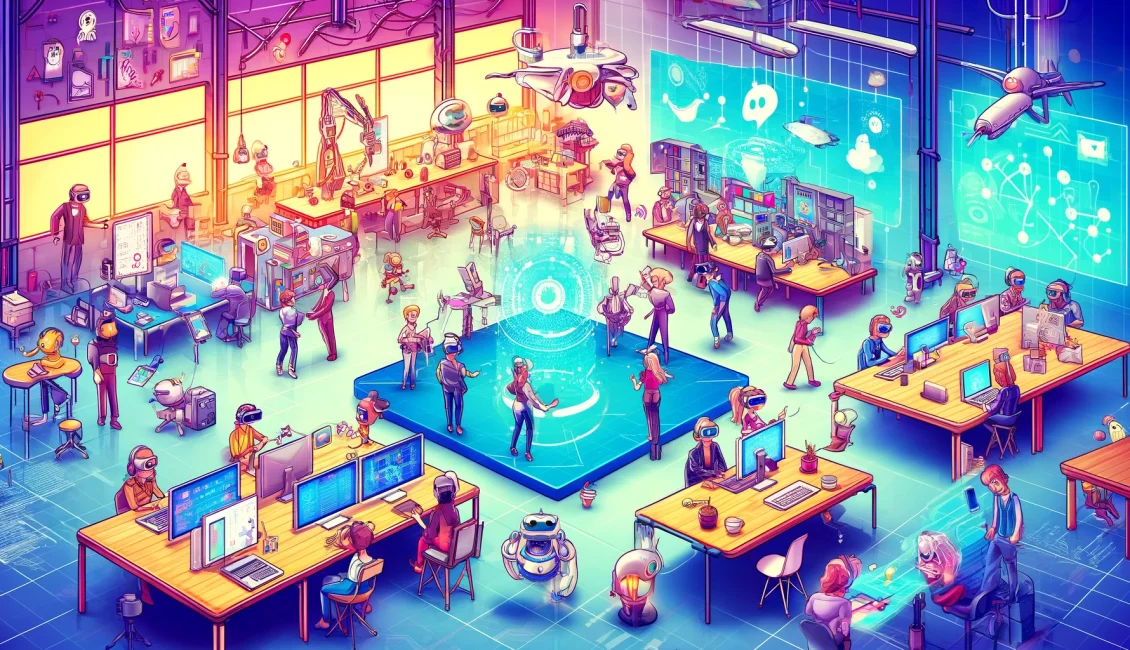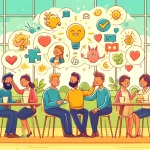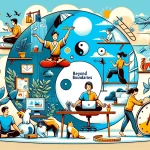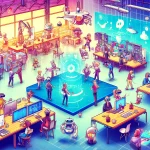
Redesigning work is not just about restructuring job roles or adopting new technologies; it’s about reimagining the very ethos of our work culture. In an age where the boundary between work and life blurs, a transformation towards a more humane, flexible, and purpose-driven work environment is imperative. This shift is not merely beneficial but essential for fostering innovation, employee well-being, and organizational resilience.
Historically, work has been viewed through a mechanistic lens, with employees often seen as cogs in a vast machine. This perspective, deeply rooted in the industrial era, has perpetuated a culture of rigidity, hierarchy, and a narrow focus on productivity. However, the digital revolution and the recent global challenges have highlighted the limitations of this approach, urging us to rethink our work paradigms.
The future of work lies in valuing creativity, emotional intelligence, and collaboration over mere efficiency. By redesigning work to prioritize these human elements, organizations can unlock a wellspring of innovation. This entails creating work environments that encourage experimentation, lifelong learning, and a sense of community. Moreover, embracing flexible work arrangements can not only enhance work-life balance but also tap into a diverse global talent pool, enriching the organizational culture and driving inclusive growth.
Sustainability and social responsibility are also becoming integral to the corporate ethos. Companies are increasingly recognizing that their responsibilities extend beyond shareholders to include employees, communities, and the planet. This holistic approach to business is not only ethically sound but also aligns with the growing consumer and employee demand for purpose-driven companies.
In this context, the upcoming #WorkCongress, scheduled for May 1, 2024, presents a unique opportunity for leaders, innovators, and thinkers to converge and explore the future of work. This conference promises to be a melting pot of ideas, showcasing the latest trends, technologies, and strategies in redesigning work for the 21st century. For more information and to join this pivotal conversation, visit https://workcongress.com.






